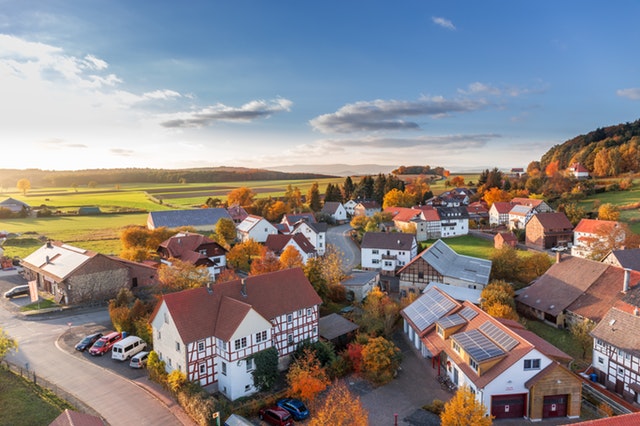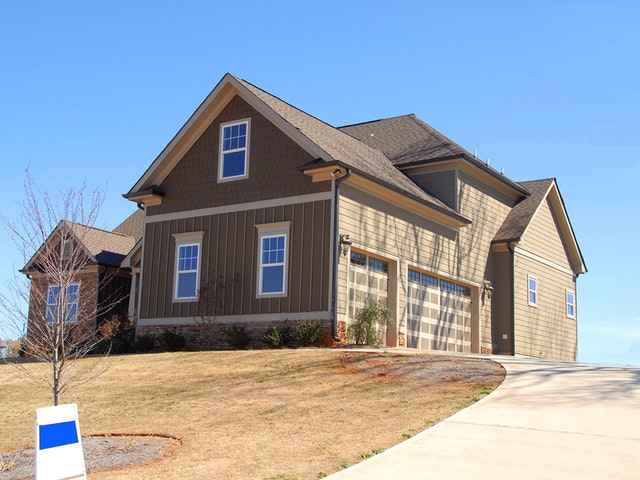 It pays to start with a solid strategy when you have to house hunt from afar.
It pays to start with a solid strategy when you have to house hunt from afar.
Hunting for a house is stressful enough even if you are moving to another part of town. However, when you are searching for a house from afar, it can make the task of finding the right home for your needs seem almost impossible.
Fortunately, in today’s high-tech world, you have an array of tools available right at your fingertips that can make it easy to find the perfect house for your needs. So, even if you are looking for a home thousands of miles away, you can do so quickly and with minimal fuss.
Partner With The Right Real Estate Agent
The first thing that you should do when looking for a house in an area that you are unfamiliar with is to find a local agent. Find someone who has the expertise of the local market and buying process. The information that you garner from choosing a local agent can be invaluable. They know the market intimately.
Additionally, a local agent knows the community as they likely live there as well. They know which schools and neighborhoods are best. They can get to know what you are looking for in an area and help you find the right community for your particular needs. They might also have information on local gems that are not yet showing up on online listings.
Do Your Research
After you find a home or two that you are interested in, thoroughly research the area. Search for information about local schools, churches, shopping centers and more. You want to make sure that the neighborhood will meet your needs. Research crime rates in the area.
Also, determine how long your commute from work to home will be each day. Even if you don’t have children, research local school rankings. The rating and quality of local schools is paramount when it comes to the resale value of your home.
Visit In Person
There is just no amount of research that can substitute for an in-person visit to a potential home. If you are planning to hunt for a house from a distance, be prepared for the travel. Make sure that you have the money and time to visit. It is best to prepare for longer house-hunting trips so that you can take your time when walking through each showing.
Also, make it a point to pay a visit to local restaurants, parks, and businesses to get a feel for the local community.
Whether you are buying local or at a distance, one of the most important things to do first is to get a pre-approval in order. Contact your trusted mortgage professional today to get the ball rolling.
 For many Americans, retirement age is fast approaching or already here: Baby Boomers account for nearly 75 million individuals in the United States.
For many Americans, retirement age is fast approaching or already here: Baby Boomers account for nearly 75 million individuals in the United States. On the surface, a short sale seems like the perfect deal. However, before you take the plunge, you need to understand how this type of home purchase works.
On the surface, a short sale seems like the perfect deal. However, before you take the plunge, you need to understand how this type of home purchase works.